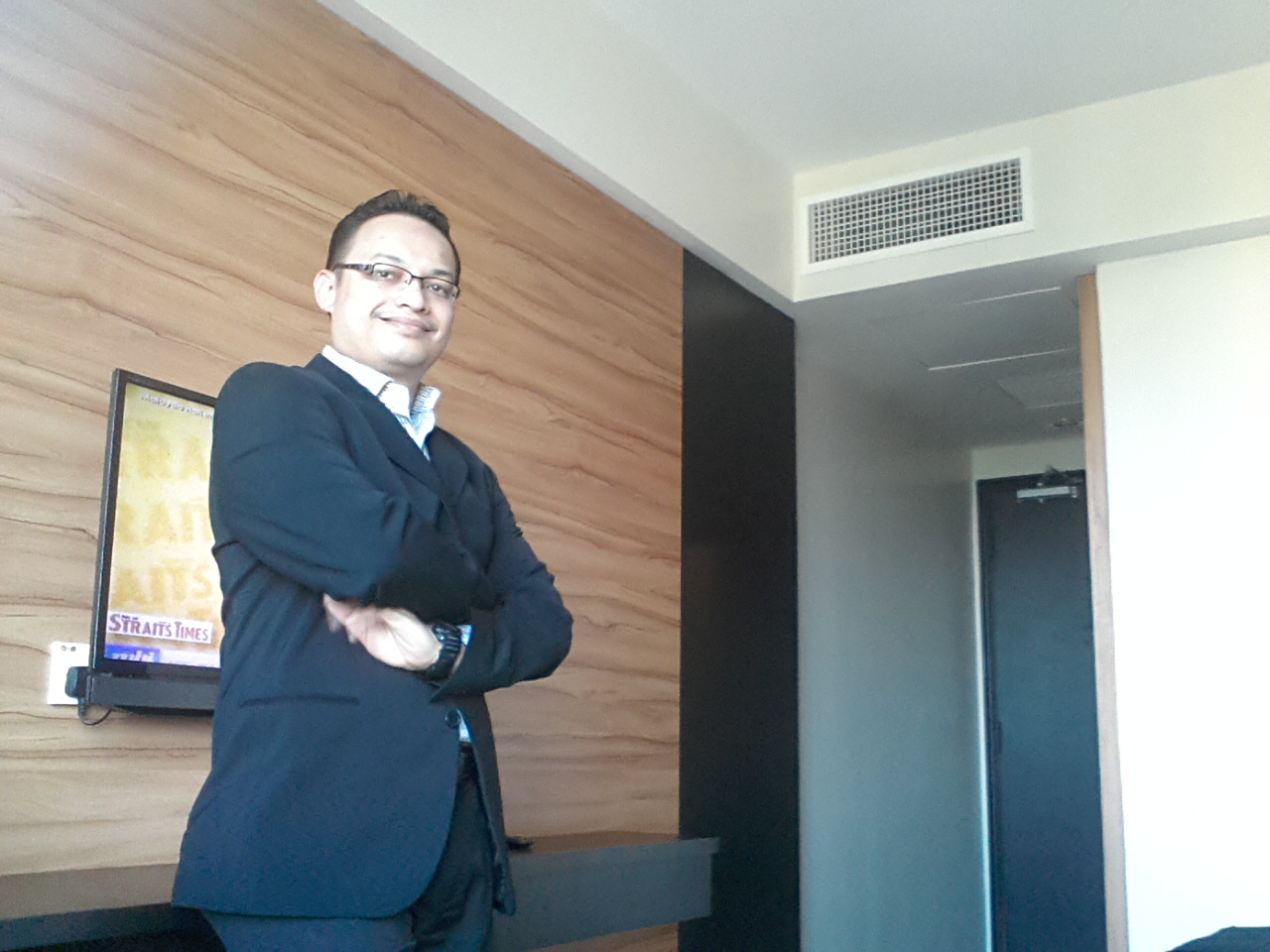Today, while most people were enjoying a relaxing Sunday, I spent a big chunk of my day preparing the e-learning materials for my Master of Energy course, METE1153 – Occupational Safety in Energy Systems. This short semester is my first, and I have six students enrolled.
Since this is my first time teaching during a short semester, I decided to take an approach that empowers self-learning. The idea is to design the course so that my students can learn almost independently, with clear and engaging content that guides them step by step.
For a short semester, combining e-learning with a self-learning strategy is both a smart and important choice because it addresses the challenges of compressed academic timelines while still supporting student success. Short semesters often have tight schedules and limited time for in-depth discussion, so e-learning provides students with the flexibility to access materials anytime and anywhere. This allows them to review and understand concepts at their own pace, revisiting complex topics as needed without being restricted to fixed class hours. A self-learning approach also maximizes student autonomy, encouraging them to take responsibility for their learning, manage their time effectively, and develop critical thinking skills, all of which are valuable beyond the classroom.
Another benefit is that this strategy frees up more time for application. With less emphasis on live lectures, students can focus on assignments, quizzes, and projects that reinforce their understanding, while class time can be used to clarify doubts and discuss real-world applications. For lecturers, once the content is prepared, such as notes, videos, and quizzes, it becomes a reusable resource for future semesters, including Online Distance Learning formats, ensuring consistent quality while reducing workload in the long term. This method also caters to different learning styles, providing materials that suit visual, auditory, and kinesthetic learners, and supporting students who may need to move faster or slower than the average pace. Ultimately, by having access to comprehensive resources and the freedom to learn at their own pace, students in short semesters are better prepared for quizzes, assignments, and final assessments, making this approach a win-win for both learners and educators.
Two weeks ago, I had already completed the materials for Week 1. Today, I managed to prepare for Weeks 2 through 6, Alhamdulillah, it was a productive and fulfilling day. My aim is not just to teach this semester, but also to lay the foundation for my upcoming Online Distance Learning (ODL) version of METE1153 over the next two semesters. By doing the heavy lifting now, I believe the process will be much smoother later.
The content I prepared includes:
- PDF lecture notes
- Instructional videos
- Self-quizzes
- Report assignments
- Video assignments
- And other interactive elements
This week, InsyaAllah, I plan to continue developing Week 7 to Week 10 content and also work on marking Assignment 1 and Assignment 2. It’s a lot of work, but I’m genuinely happy to invest the time now so that my students — and future cohorts — will have a meaningful and enriching learning experience.
In the end, it’s all about giving our best effort today so that tomorrow becomes easier.
#20242025 Day 041
#Sunday

